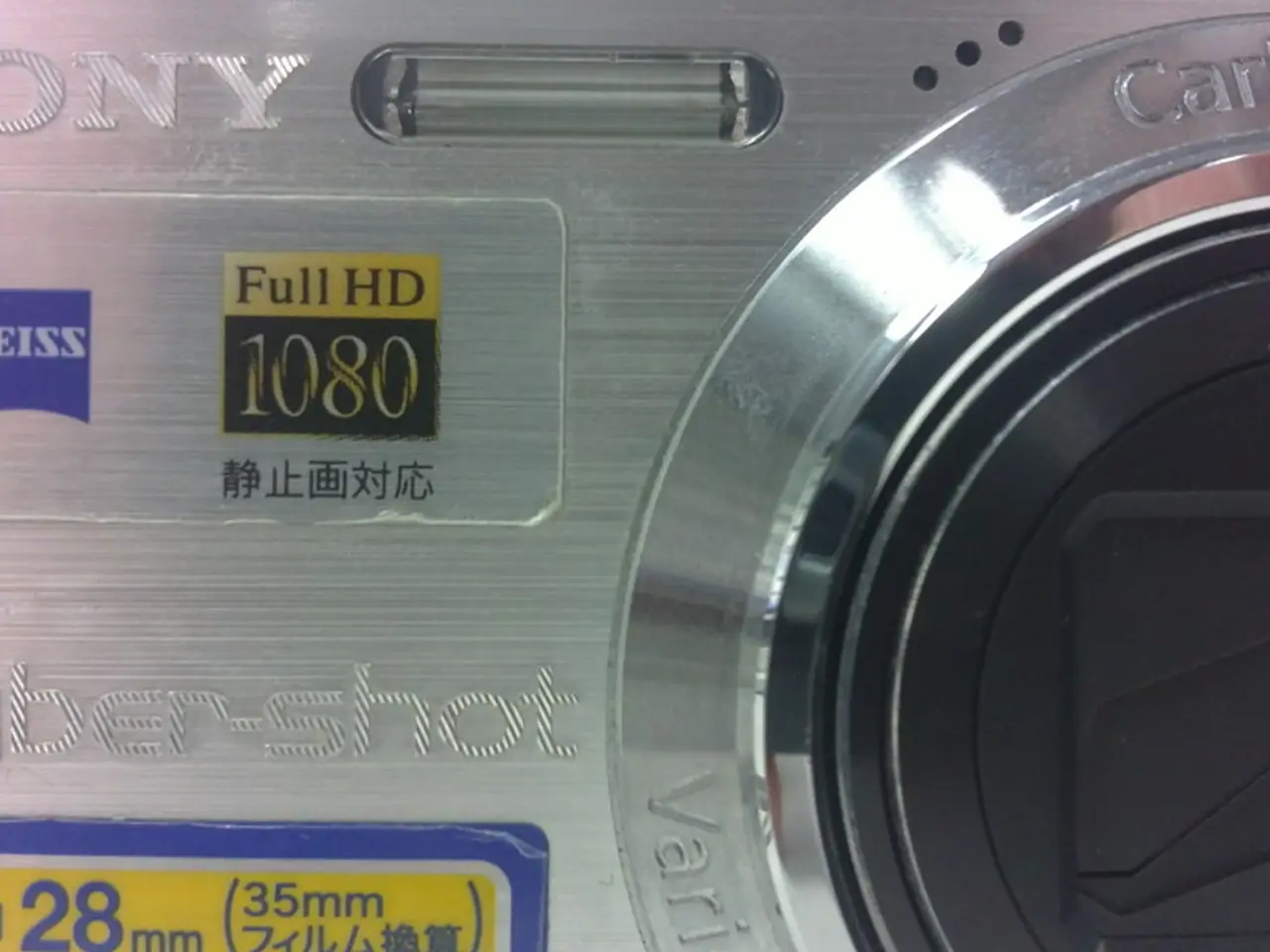Expanding digital camera market forecast to reach USD 12.1 billion by 2033
The global digital camera market, currently valued at around USD 7.8 billion, is projected to reach approximately USD 12.1 billion by 2033, reflecting a compound annual growth rate (CAGR) of 4.5% over the decade.
Key factors driving this growth include technological advancements, content creation trends, professional and hobbyist demand, and the rising demand for mirrorless cameras. The Asia-Pacific region, led by countries like Japan, China, and South Korea, held over 40.2% of the global market share in 2023.
Innovations in sensor quality, image processing, autofocus, and image stabilization continuously enhance camera performance and appeal. The surge in digital content demand on social media platforms encourages users, including vloggers and influencers, to invest in superior cameras for professional-quality photos and videos.
Professionals and serious hobbyists prioritize digital cameras for their manual controls, image clarity, and versatility, as smartphones cover casual photography needs. Rising demand for mirrorless cameras, preferred for their lighter weight, faster operation, and suitability for travel and professional use, is another significant market driver.
The market segmentation highlights for 2023 show that built-in lens cameras, favoured for portability and ease, accounted for 66.7% of the total share. Mirrorless cameras, preferred for lightness and speed, captured more than 48% of the market.
This growth landscape is complemented by evolving user preferences for higher resolution, video capability, low-light performance, and lens interchangeability, especially among creators producing visual content across digital and social platforms.
The Asia-Pacific region led the market in 2023, generating USD 3.1 billion. Digital camera companies are under pressure to balance innovation with high production costs, as developing and manufacturing innovative technologies is expensive, and global supply chain uncertainty can make costs harder to predict.
Smart features like real-time scene recognition, automated settings, and AI-assisted image editing are being added to digital cameras, enabling beginners to enjoy high-quality photography and experienced users to achieve artistic results with ease. However, smartphone competition poses a challenge to the traditional digital camera market.
The digital camera market consists of various segments, including lens type (built-in, interchangeable), product type (compact digital camera, DSLR, mirrorless), end use (pro photographers, prosumers, hobbyists), and key players (Canon Inc., Eastman Kodak Company, FUJIFILM Holdings Corporation, Leica Camera AG, Nikon Corporation, Olympus Corporation, OM Digital Solutions Corporation, Panasonic Corporation, Comp9RICOH IMAGING COMPANY, LTD., SIGMA CORPORATION, Sony Corporation, Hasselblad).
Note: Separate from still digital cameras, the related digital camcorder market is projected to grow from USD 2.4 billion in 2024 to USD 3.8 billion by 2031 at a CAGR of 6.3%, driven by similar demand factors focused on video content and live streaming. Also, AI camera technologies are expanding rapidly in parallel sectors, but specific to industrial and surveillance uses.
[1] Source: Market Research Report on the Global Digital Camera Market [2] Source: Market Research Report on the Global Digital Camcorder Market [3] Source: Market Research Report on AI Camera Technologies in Parallel Sectors
Technology and gadgets are shaping the digital camera market, with innovations in sensor quality, image processing, autofocus, and image stabilization enhancing camera performance. The rising demand for mirrorless cameras, appreciated for their lighter weight, faster operation, and suitability for travel and professional use, is a significant market driver.




